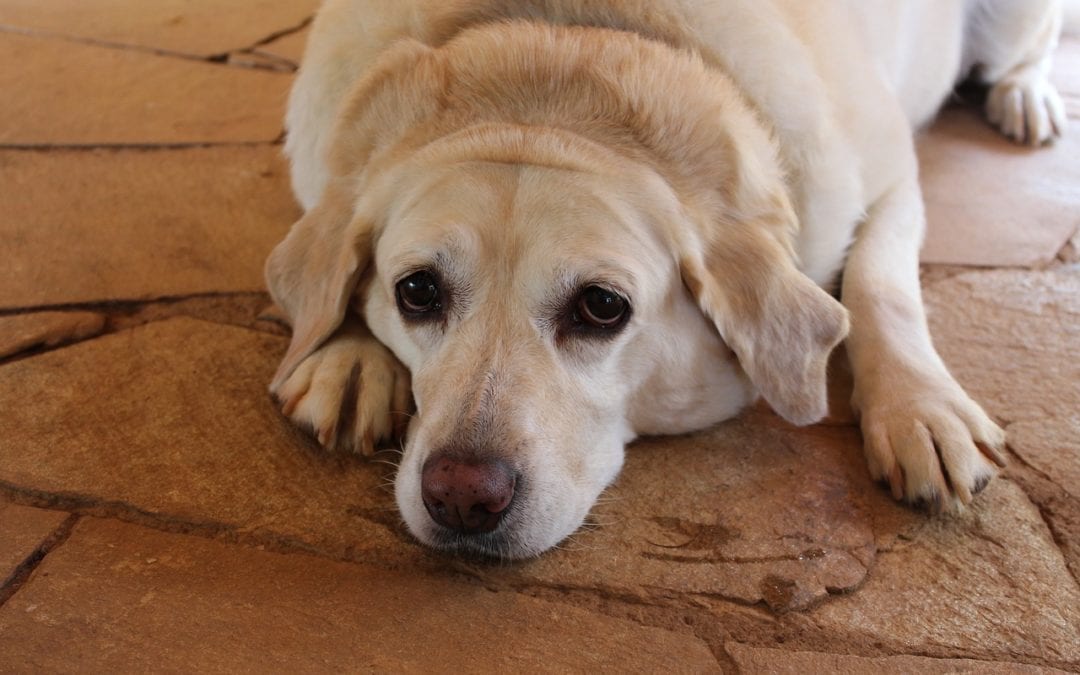If you think that a few extra pounds on your pet are no big deal, or even a little cute, think again.
With approximately 54% of dogs and cats in the United States weighing in at “overweight” or “obese”, the extra weight in our nation’s pets is not to be ignored. Here’s why weight matters…
Health Concerns
Being overweight can have many of the same harmful effects that we are familiar with in people. Overweight pets are at an increased risk to develop the following conditions:
- Osteoarthritis
- Type 2 Diabetes
- High blood pressure
- Heart and respiratory disease
- Soft tissue injuries
- Kidney disease
- Many kinds of cancer
But, as if that isn’t bad enough, the most shocking statistic is that being overweight can decrease a pet’s life expectancy by up to 2.5 years.
What an Overweight Pet Looks Like
Obesity is a disease, and it is important that pet owners be aware of what an overweight or obese pet looks like. Take this opportunity to evaluate whether your pet might be carrying a few extra pounds.
- Take a look at your pet from a distance. You should be able to see a slight abdominal tuck at the waist and notice a waist from when looking down from above.
- Take a feel. When you run your hands over your pet, you should be able to feel the ribs easily without having to push down through a layer of fat.
- If you are still unsure, use a body condition scale to determine where your pet lies on the scale. The Ohio State University’s College of Veterinary Medicine website is a good reference.
Seek Help
If you think that your pet might be overweight, make an appointment to see your veterinarian. Together you can determine your pet’s weight goal, rule out other contributing medical issues, and formulate a plan for weight loss.
Maintaining a healthy weight for your pet may be one of the most important things that you do for his or her health.
We all want our pets to live long, happy, healthy lives and by keeping them at their ideal weight, you are more likely to achieve this goal.

